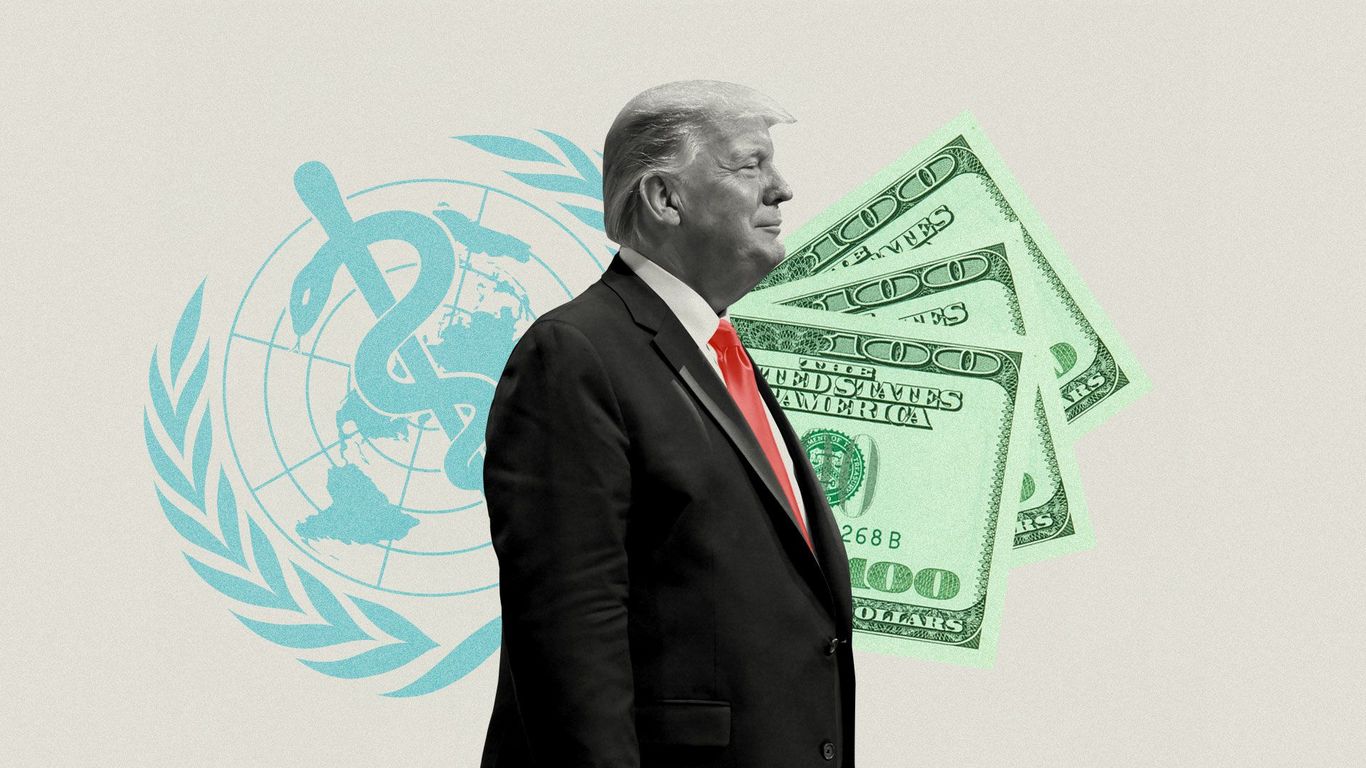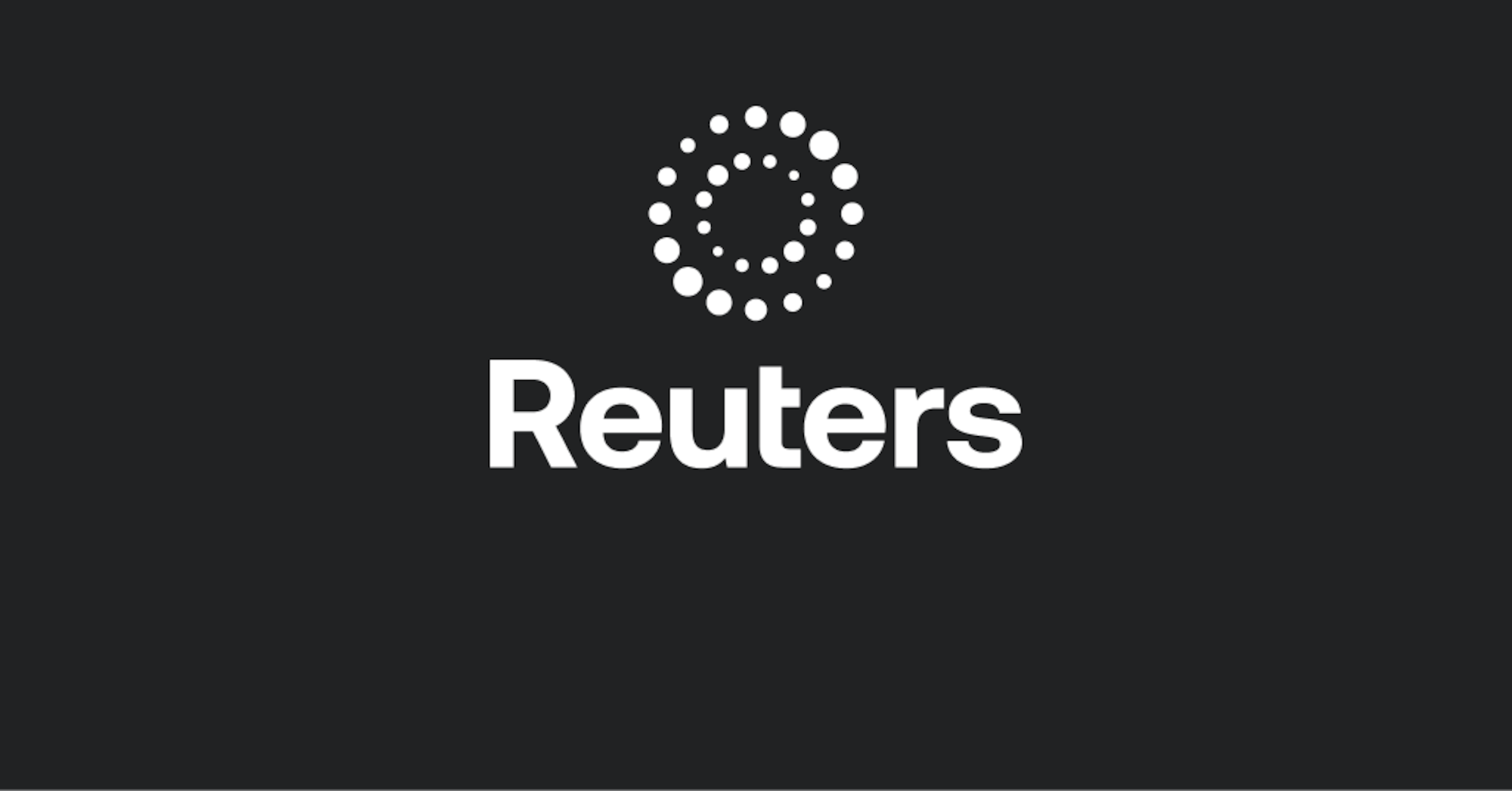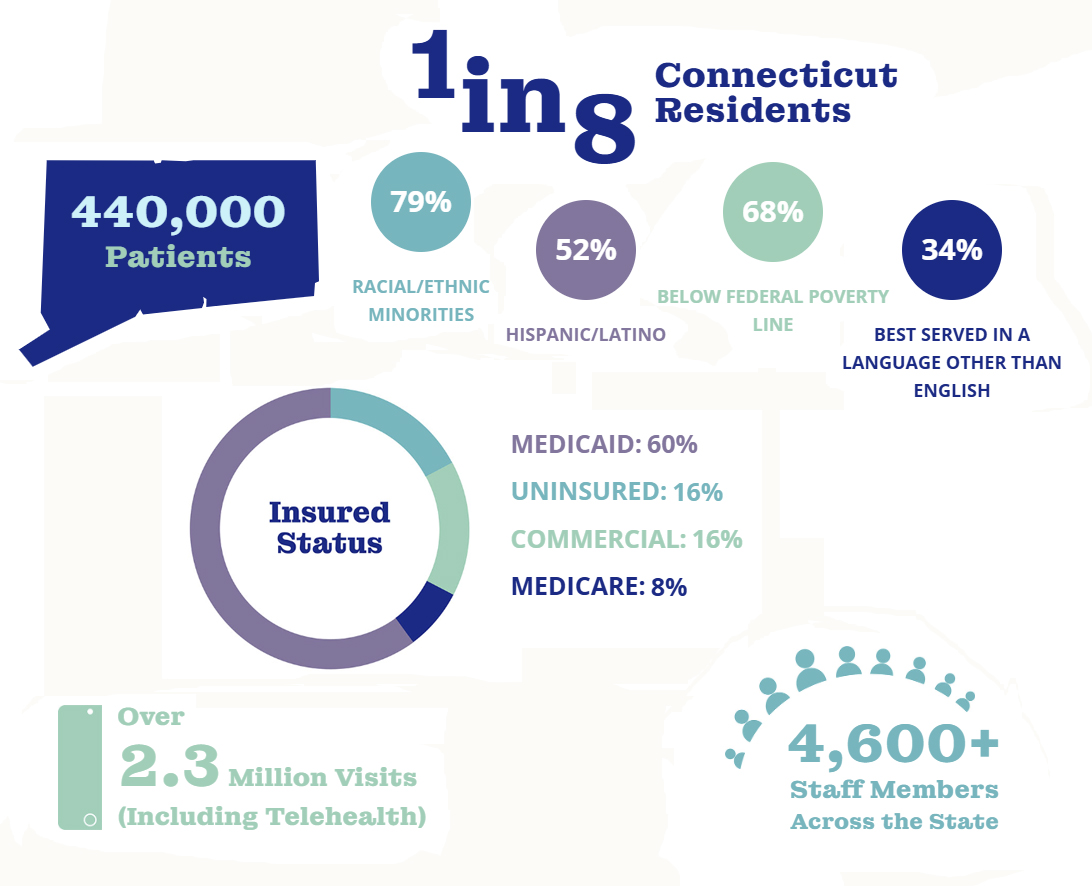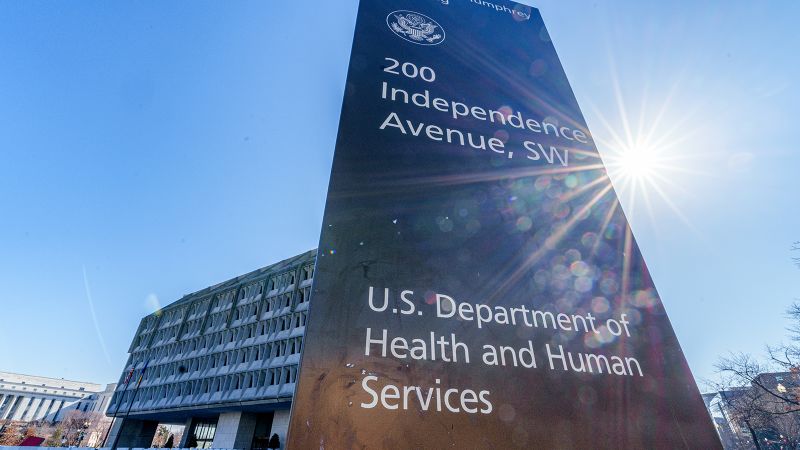
Feline Alert: Bird Flu Threat - 5 Crucial Steps to Keep Your Cat Safe
Bird Flu Alert: Protecting Your Pets from Potential Risks
Pet owners, take note: Recent cases of bird flu have raised concerns about the safety of raw pet food, with several cats tragically losing their lives after consuming contaminated products. This emerging health threat demands immediate attention and careful precautions.
The outbreak has prompted multiple pet food recalls, sending a clear message to pet parents about the potential dangers lurking in uncooked animal products. Veterinary experts are urging pet owners to be vigilant and take proactive steps to protect their furry companions.
What You Need to Know:
- Several cats have died after consuming raw food potentially infected with bird flu
- Multiple raw pet food products have been voluntarily recalled
- The risk is real, but preventable with proper precautions
Keeping Your Pets Safe:
- Avoid raw pet food products from potentially contaminated sources
- Opt for cooked or commercially prepared pet foods
- Consult with your veterinarian about the safest feeding options
- Stay informed about current food recalls and health advisories
While the situation may seem alarming, informed pet owners can significantly reduce their pets' risk by making smart, cautious choices about nutrition and food sources.









